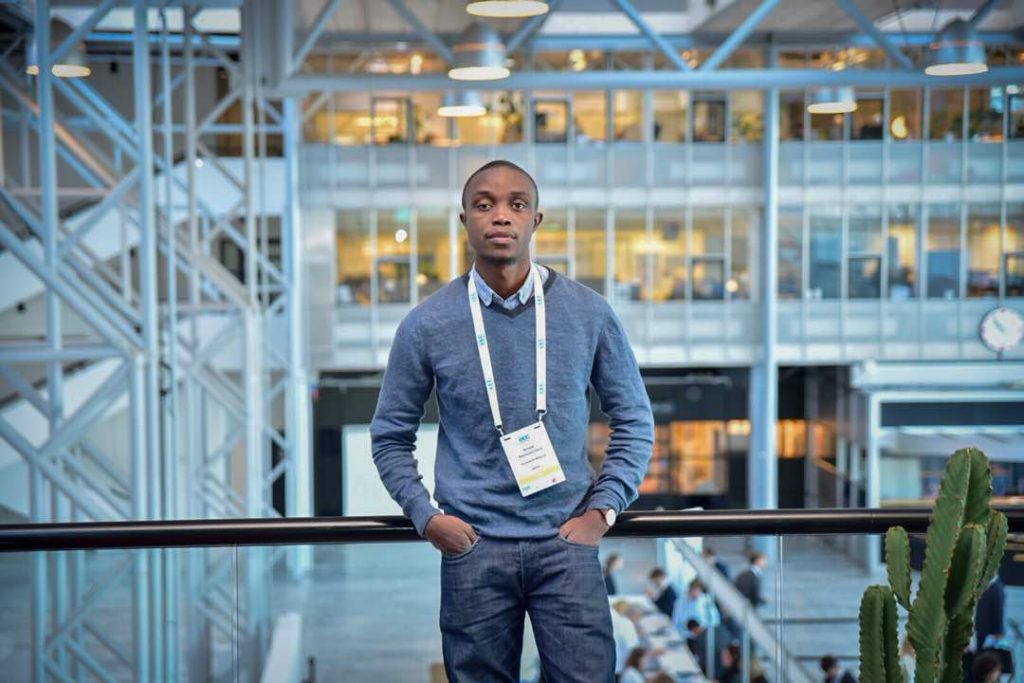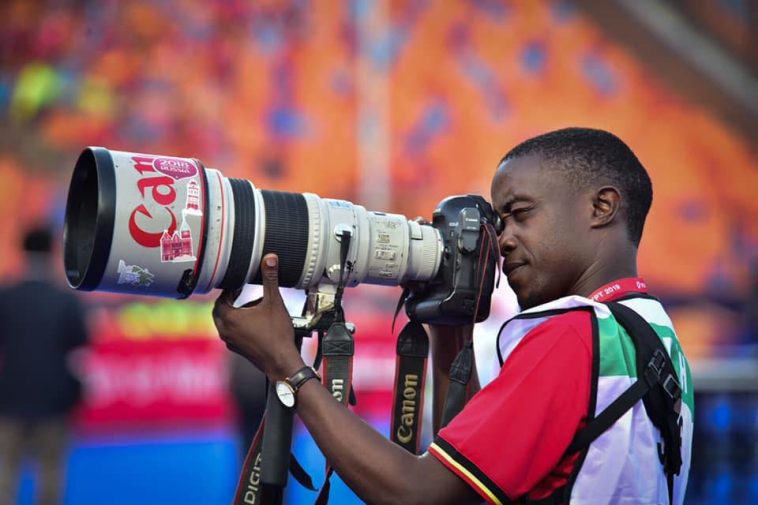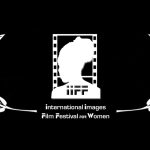There are many people who think that photography is just another hobby that you do just for fun. They have never considered it as a source of income or that it could be their next job. But what will make you think of turning pro? Do you know how much you can make if you decide to become a professional photographer?
Nicholas Bamulanzeki, a celebrated Photo-journalist working with the Observer Newspaper shares a few tips on how to turn your photography hobby into a serious profession.
First agenda: You need a camera/equipment : What do you really need to get started? You definitely need a camera. It would be great if you could get your hands-on a camera with lens, so you can practice and build your portfolio at the same time. There are loads of equipment to buy but to start with, you don’t need much, just a basic kit lens and camera body. It could be expensive to buy if you’re buying everything at once.The other option is you borrowing or hiring out equipment form other established photographers at an affordable price.
Get a Niche : You have to know that there are different types of photography that you can pursue. You need to find your niche in terms of photography and then do some research on it. Find out what your equipment needs are, know what is required to break into the industry and then go after it.
Get a Mentor: You need to get a mentor. It really depends on what kind of thing you are going into. There are many people that would be willing to assist you in your journey depending on what niche you are going into. But also make good use of the internet. There’s a lot of information on the internet. Learn from other people online.
Learn How to Find Clients: Your business survives on clients. One of the biggest challenges when you are starting out is finding them. So find ways of creating strategies for branding and marketing yourself. Start with your colleagues and family to get enough content for pitching to other clients.
On Pricing: Photographer pricing is a very subjective matter and it is pretty much impossible to generalize and say what should be done. So how do you price yourself and what should you do if you were starting out? Depending on the niche you’ve chosen, look at what your colleagues in that field are charging then juxtaposition it and find a middle ground that works for you. This market is so versatile. If you can market yourself well, there is a lot you can accomplish. Make your own rate card depending on the market rate.
There are things you should look out for before you start work. It’s important to start after getting a deposit. Sometimes you jump into work immediately without any guarantees and the client deserts you half-way. Be clear about your expectations. Agree on terms and conditions of payment. If you need to draft an agreement, go ahead and do so. Don’t play yourself.
Grow your network: Getting new leads is the first step to expanding your client portfolio. Share your work with different people. Most of the gigs I do are on referral basis. Put your work out there on social media. There are actually clients online. Make sure to get a contact or two whenever you are at a gig. Share your number with potential clients. Remember to stay in touch with them.
On social media, add relevant hashtags to your work e.g #sportsphotographer #weddingphotographer . Your will most likely show up in people’s searches and get booked.
Delivery and timelines: Post-production takes sometime especially for people who are working as a one man team. But it’s important to ensure that you work within the timelines you have agreed on with the client. Should you fail to meet the timelines, communicate with the client and let them know you need more time. They are also human and understand most of the time. However, do not wait for them to reach out first. That’s not a good look.
Dress code and etiquette: Put into consideration, how you look when you are heading out for a gig. How you show up matters. How do you speak to the client? How do you present yourself? Those are things you should consider.

Stay Inspired: I am personally inspired by Pete Souza , Edward Echwalu, a Ugandan photo journalist, Jeff Semakula,Oscar Ntege, James Lubinga among others.
Bamulanzeki is very intentional about his work and his main goal is to tell stories with his photos. He always tries to visualize ideas and concepts ahead of each shoot.
‘’I draw mental pictures before going to the venue considering what the event is about. I want my pictures to speak without question.’’
Skills Vs Equipment: What should an aspiring photographer invest in?
Both are important. I know some people who can use the lousiest of cameras, and still do a great job, so I think it’s important to horn your craft and be able to work with anything.
Resources
Online resource: The Digital Photography School
This post was created with our nice and easy submission form. Create your post!





